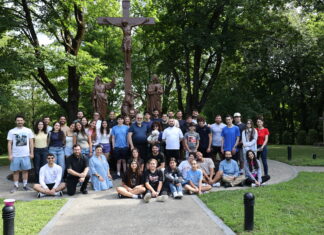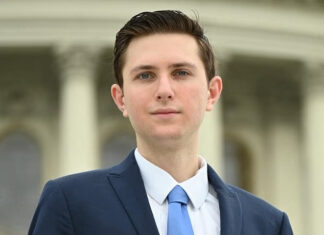By Maria Azizian, M.D.
FALMOUTH, Mass. — As any physician can tell you, one of the best and most rewarding aspects of this profession is the ability to make a positive change in peoples’ lives by helping them with their health problems. As a general surgeon, I have always been interested in philanthropy. However, my imagination would usually paint a major life-saving or life-improving procedure, such as resection of intestinal cancer or repair of a large and complicated hernia. Several years ago two events happened that have shifted my view.
A friend of mine who lived far away told me of her child who has had a large dark mole on his face. The child was ostracized and teased. My friend was afraid of addressing it surgically, as she had felt it may be dangerous. She was conflicted between having the mole removed and possibly jeopardizing her child’s health by a possible complication from the procedure, and just letting it be, and thus extending the discomfort and teasing that the child had encountered on a daily basis.
Finally, at some point, her child underwent this procedure. I was very happy that my professional advice helped and she made the right choice for her child, which also boosted his self-confidence.
At the same time, I don’t believe that every skin lesion on the face or body needs to be removed. Many of them add character and become a person’s “beauty marks.” However, when the mole is unsightly to the patient or uncomfortable in any way, such as causing bleeding, itching, irritation, or pain, then its removal is much more justified.
The second event was a conversation with my colleague, a fellow general surgeon, who went on a humanitarian mission to Nepal. Like me, he had also thought that he would be performing major surgeries, but, ended up, removing skin tags, moles, soft tissue masses, such as lipomas and cysts.









